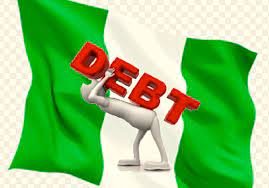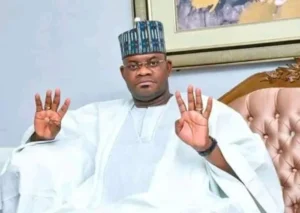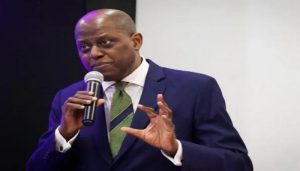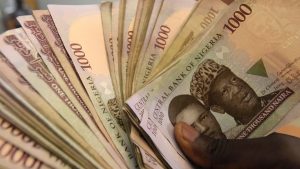
By David Akinmola
Lagos, Nigeria – July 18, 2025: Nigeria’s public debt stock could climb to an alarming ₦160.6 trillion by the end of 2025 if current borrowing trends continue, according to a new report by economic analysts tracking the country’s fiscal trajectory. The projection signals growing concern over Nigeria’s widening debt profile, driven by persistent fiscal deficits, rising interest payments, and increased reliance on both domestic and external borrowing.
The report, compiled by analysts at Lagos-based financial research firm MacroAnalytics, highlights that the country’s total public debt, which stood at ₦121.67 trillion as of March 2025 according to the Debt Management Office (DMO), has grown by over ₦20 trillion within the last year alone. The bulk of the increase is attributed to fresh domestic bond issuances, external concessional loans, and the securitization of previously unrecorded ways and means advances from the Central Bank of Nigeria (CBN).
With the federal government facing revenue shortfalls amid slower-than-expected economic recovery, analysts warn that borrowing may remain the primary tool for financing budgetary obligations. According to the report, debt service costs are also projected to rise sharply, potentially consuming more than 65% of government revenues by year-end if reforms and revenue mobilization efforts fail to gain traction.
The debt forecast comes amid ongoing implementation of the 2025 federal budget, which includes a record ₦28.7 trillion spending plan and a deficit of over ₦9.2 trillion. The financing gap is expected to be largely covered through a mix of local bond sales and multilateral financing, including support from the World Bank and African Development Bank.
Experts caution that while Nigeria’s debt-to-GDP ratio—currently estimated at around 42%—remains below the IMF’s recommended threshold for developing economies, the more critical concern is debt service-to-revenue ratio, which has reached unsustainable levels in recent years. This, they say, could limit the government’s ability to invest in infrastructure, health, and education, while heightening the risk of debt distress in the medium term.
The report calls for urgent structural reforms to improve non-oil revenue, rationalize public spending, and boost investor confidence. It also urges enhanced transparency in debt reporting, particularly regarding subnational borrowing and contingent liabilities.
As Nigeria continues to navigate its post-pandemic economic recovery amid volatile global markets, economists stress the need for a more prudent fiscal approach to prevent further deterioration of public finances.







